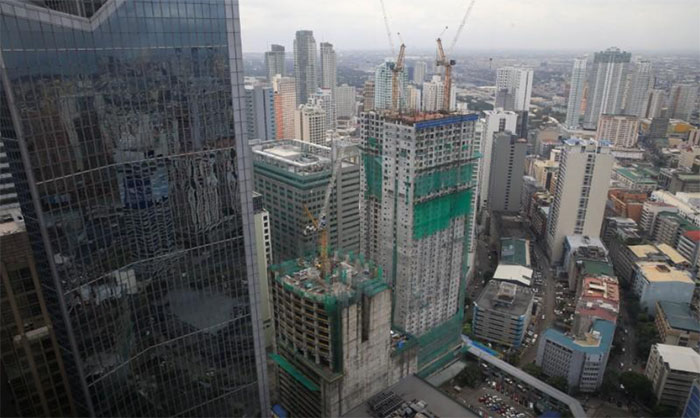Corporate finance consulting firm Fortman Cline said foreign funds are keen to invest in the Philippine healthcare industry amid its ongoing consolidation.
Francis Del Val, Fortman Cline managing director, said private equities from around the world — Asia, United States and Europe — are “very much excited to participate in the growth story of the Philippines” as they see a “sweet spot” in the healthcare industry.
“As we know, there are already quite a number of large conglomerates in the Philippines.
And naturally, they want to expand their footprint across different industry sub-sectors. But equally, there’s foreign capital from overseas that is seeing the promise of a healthcare that continues to expand. So they want to work with the middle market. They want to work with entrepreneurs who have built successful businesses so that they can scale and they can move up to be a national player, perhaps even a regional player,” said Del Val.
Thus, he noted the formation of alliances in the “highly fragmented” healthcare industry, “creating integrated ecosystems among industry players.”
Del Val said the industry is poised for further growth against the backdrop of an estimated P1.16 trillion spending in the sector, which continues to grow and has posted 15 percent growth as of 2021.
“That’s a lot of of money that is being spent on building hospitals, or renovating hospitals, or being able to pay for claims, both from HMOs (health maintenance organizations), private sector as well as the public sector. And we are just at the beginning,” he said.
Del Val noted that the local healthcare industry is still highly-fragmented with multiple brand leaders across various sectors: medical supplies distributors, pharmaceutical firms, hospitals, diagnostic centers, retail pharmacies, retail medical device/equipment suppliers and HMOs.
“Thus, consolidations and alliances are seen to emerge to allow the industry to become more efficient, respond faster to emerging trends in the healthcare industry as well as to the impact of the Universal Health Care (UHC) which was signed into law in 2019,” he added.
As the consumer-driven Philippine economy grows, a bigger middle class with higher purchasing power and increasingly sophisticated preferences is being created nationwide, particularly in highly urbanized cities, Del Val pointed out.
“The affluent down to the growing upper middle class is seen to patronize private healthcare providers while the lower socio-economic class is given greater access to healthcare by the government because of the UHC,” he said.
“UHC implementation will increase competition between private and public sector by providing options. As the government increases investments, private hospitals that do not invest may not be able to keep up,” he added.
According to Del Val, competition will continue to increase between the private and public sectors over already scarce human resources.
“Rising administration costs and competition from the public sector will force smaller hospitals to consolidate with bigger ‘megabrand’ hospitals to survive,” he said.
Citing Department of Health (DOH) data, Del Val said there are 1,071 private hospitals and 721 public hospitals, with 70 of the public hospitals being operated by the DOH. – Ruelle Castro


